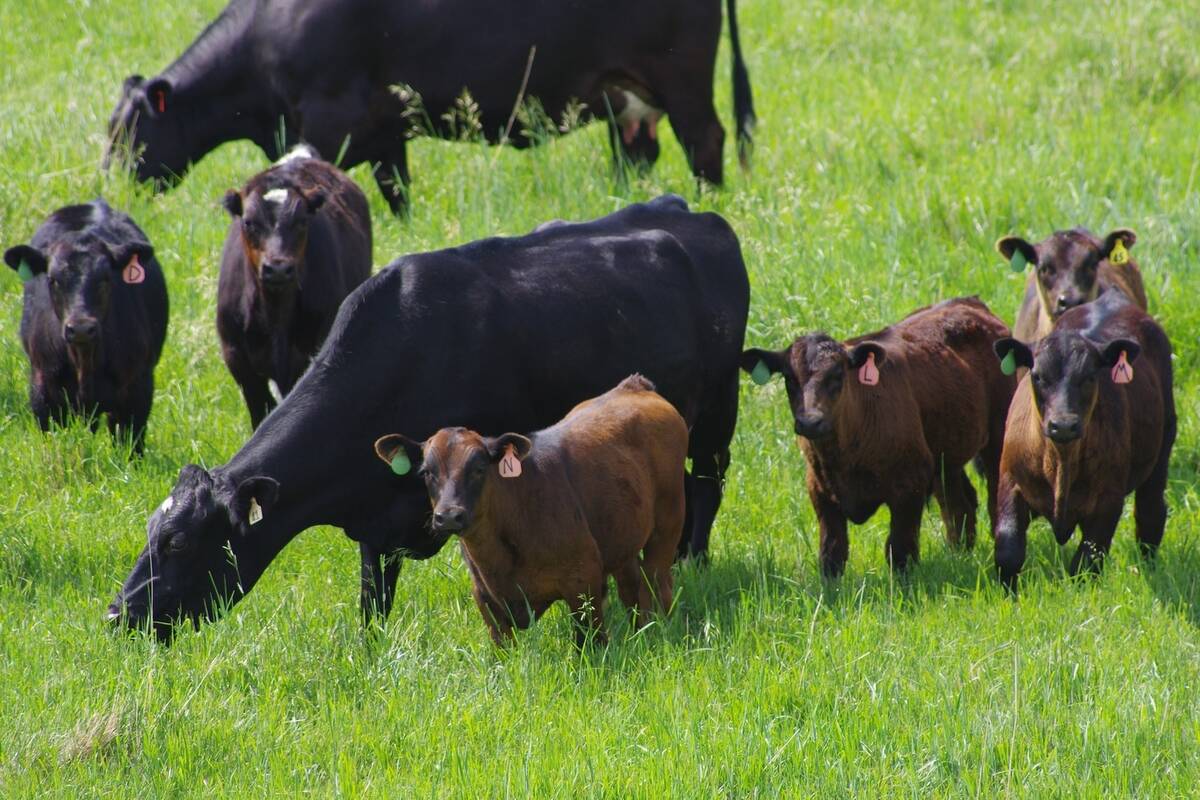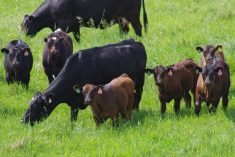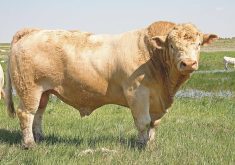Canadian farmers look to plant a record canola area of 19.5 million acres (7.9 million hectares) or more this spring, driven by expanding crush capacity and strong global demand, an official with Bunge Ltd. said on Feb. 28.
The biggest wildcard is high potential for serious spring flooding that could take much land out of production in Western Canada, said Nicholas Hoyt, who handles the crusher’s price risk through futures markets, at the Canadian Wheat Board’s Grain World conference in Winnipeg.
“With the right weather we could take a run over 20 million acres,” Hoyt said. “…Right now, I have to imagine (a farmer) is planting as much canola as possible.”
Read Also

Grazing ‘sweet spot’ boosts pasture performance
Timing-focused approach to pasture management touted to boost forage growth, livestock gains while also cutting farmer labour and inputs
Bunge’s forecast is higher than one last month from Canada’s biggest crop handler, Viterra Inc., which predicted 18 million to 19 million canola acres, and illustrates how determined farmers are believed to be to cash in on canola prices that have recently hit 2-1/2- year highs.
Canada’s crushing capacity has expanded rapidly to about 8.2 million tonnes, and a fast pace during the current crop year appears headed toward a record 6.2 to 6.3 million tonnes in 2010-11, Hoyt said.
Canola stocks may get tight by summer, but if farmers manage to plant 20 million acres to canola this spring, canola prices at current levels look too high and may be due for correction, Hoyt said.
ICE Canada canola futures had one of their most volatile weeks in months last week and that volatility is here to stay with greater influence from speculative funds, Hoyt said.
Supply and demand fundamentals for canola seed are hard to predict due to uncertainty about whether China will ease restrictions this summer on Canadian canola with blackleg disease, he said.














